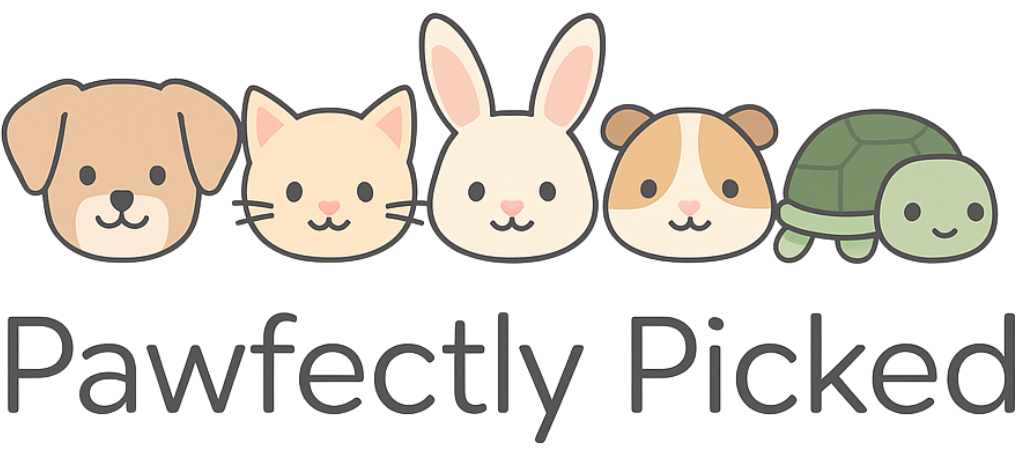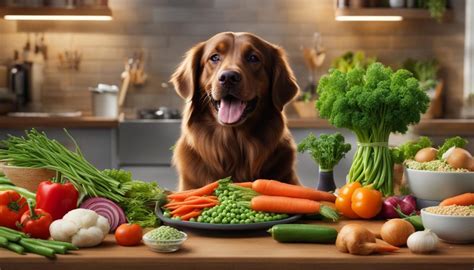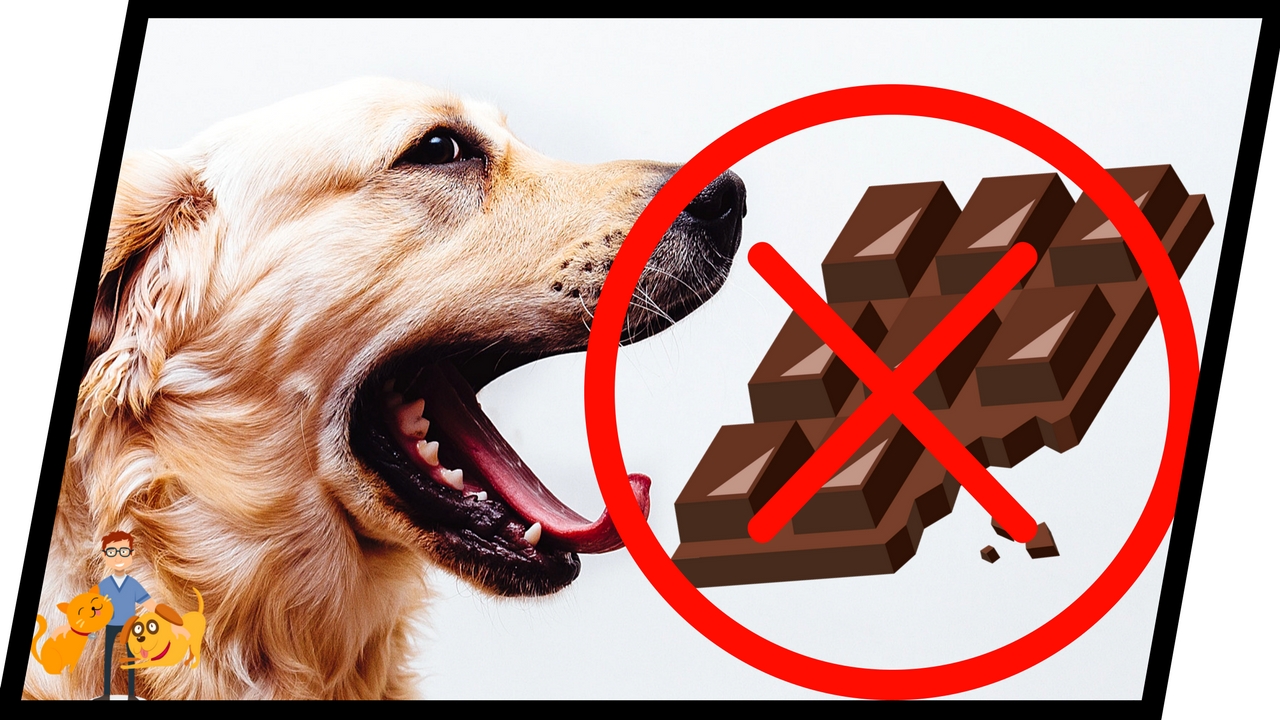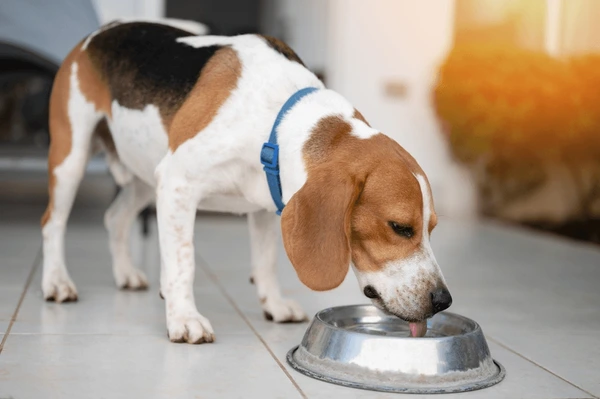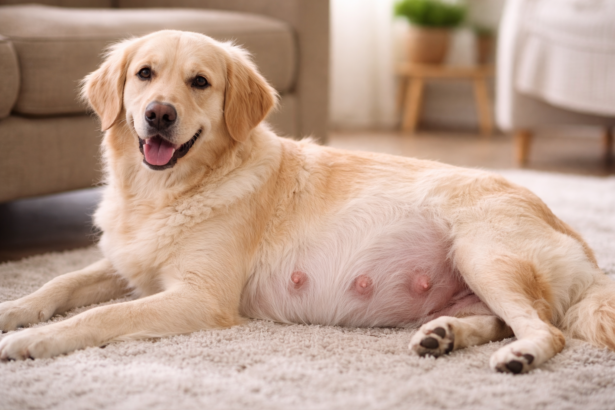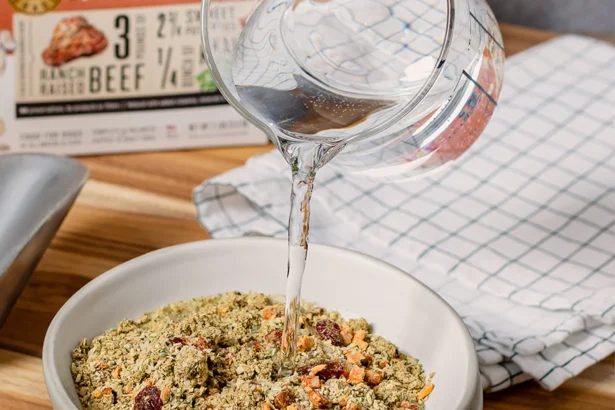Feeding your dog a healthy, balanced diet is one of the most important things you can do to support their wellbeing and happiness. Whether you’re raising a playful puppy, caring for a senior companion, or just want to improve your dog’s mealtime routine, this guide has everything you need to know. From portion sizes and daily nutrients to safe treats and feeding schedules, you’ll find practical, vet-informed advice tailored to real pet families
Section 1: Why Nutrition Matters
Dogs aren’t just pets they’re family. A nutritious, well balanced diet supports your dog’s growth, weight, immune system, skin, coat, and overall vitality. Understanding what (and how) to feed your dog is one of the most important ways to keep them healthy, inside and out.
Section 2: Daily Feeding Essentials
High-quality protein source (like chicken, beef, or fish)
Healthy fats for coat and energy
Whole grains or veg for fibre
Fresh water available 24/7
Optional Block:
Section 3: Feeding by Life Stage
Puppies: Higher in protein and calories for growth
Adults: Balanced maintenance formula
Seniors: Lower fat, joint-support, easy to digest
Pregnant/Lactating Dogs: Higher calorie and calcium intake
Section 4: Treats, Chews & Extras
Treats should make up no more than 10% of your dog’s daily intake. Choose healthy, low-fat options or single-ingredient treats like dried liver, carrots, or blueberries.
Section 5: Foods to Avoid
❌ Chocolate
❌ Grapes and raisins
❌ Onions and garlic
❌ Xylitol (in sugar-free gum and peanut butter)
❌ Cooked bones and fatty scraps
Section 6: Hydration & Water Intake
Dogs should drink about 50–100ml of water per kg of body weight daily. Always provide fresh, clean water, especially after exercise or warm weather.
Section 7: Sample Feeding Schedule
7am: Morning meal
1pm: Small healthy treat
6pm: Evening meal
Evening: Hydration check & dental chew
